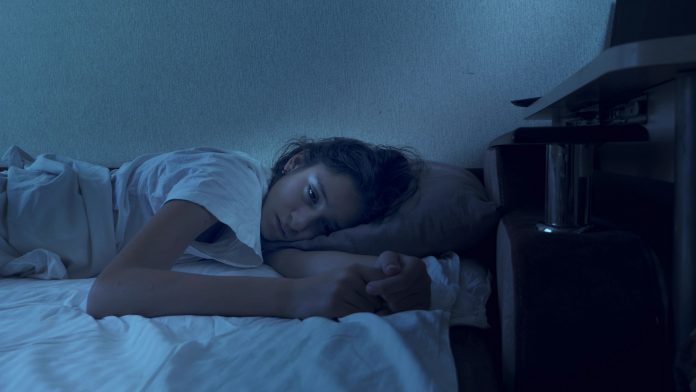While teens often love staying up late and rebel against early bedtimes, researchers say that setting bedtime rules can be protective of teenage health and well-being.
Researchers from Flinders University say that parents setting bedtime routines can be beneficial to teens in establishing good sleep routines that they can carry into young adulthood and beyond.
“Most young people tend to stay up later and have less sleep when they are left to set their own bedtimes, but qualitative research is finding that adolescents are open to parental guidance to improve their sleep patterns, ” says psychology researcher Dr Serena Bauducco, a visiting scholar from Sweden.
“In our national study we also found some adolescents were happy to have parents reintroduce bedtime setting after a period of having no bedtime rules,” she says, adding that holding onto bedtime rules may slow down the natural trend towards later bedtimes and shorter sleep duration seen throughout adolescence.
More sleep = better performance
Using feedback from 2500 students aged from 12 to 14 between 2019-2020, the national study found adolescents whose parents set bedtimes had at least 20 minutes more sleep on average, which can make “all the difference” to next-day performance – including reaching the recommended 8-10 hours of sleep a night.
The adolescent sleep researchers at Flinders University are now seeking 30 participants for a new study in Adelaide to record their self-monitored sleep overnight, using electronic devices and other factors to find out more about teen sleep habits.
The study, published in the Journal of Sleep Research, supports a growing body of research supporting the positive impact of parent-set bedtimes on adolescents’ sleep.
Teenagers need between 8 and 10 hours of sleep per night.
It not only shows sleep interventions help to maintain positive sleep routines but also can reintroduce bedtimes rules in mid-adolescence, paving the way for sleep gains in teenagers at an age when school-based sleep education and other awareness programs are seeking to improve sleep health.
“We, therefore, encourage public health recommendations to highlight the beneficial effects of maintaining bedtime rules into adolescence,” says Dr Bauducco.
Take part in sleep researchers
Flinders University sleep researchers are inviting 16-18-year-old females, with a friend, to take part in an overnight stay in the Flinders University Sleep and Psychology Lab at Bedford Park.
The new study will examine their evening routine and sleep habits with and without mobile phones, television and other factors. Meals and a gift voucher will be offered.
Contact e-mail: flinderssleepandeatstudy@outlook.com
The study will look at the use of mobile phones and other technology in the evening, and teenagers’ understanding of the need for the recommended 8-9 hours sleep for cognitive function, physical health and mental wellbeing.
“The idea is to look at teenagers’ bedtimes when parents are not around,” says Dr Bauducco.
“They will come to the lab with a friend and have access to a TV both nights and to a smartphone one night.”










